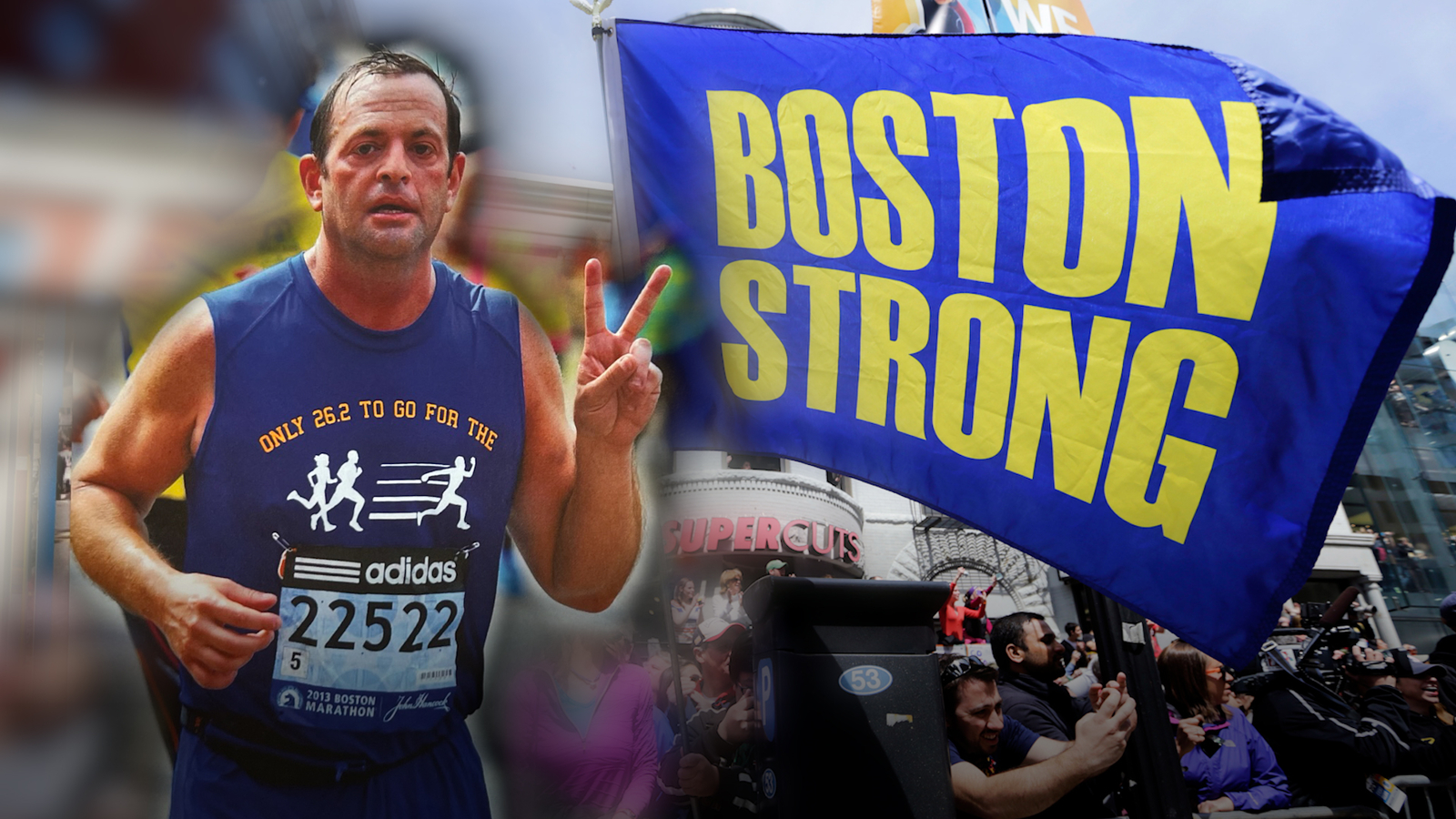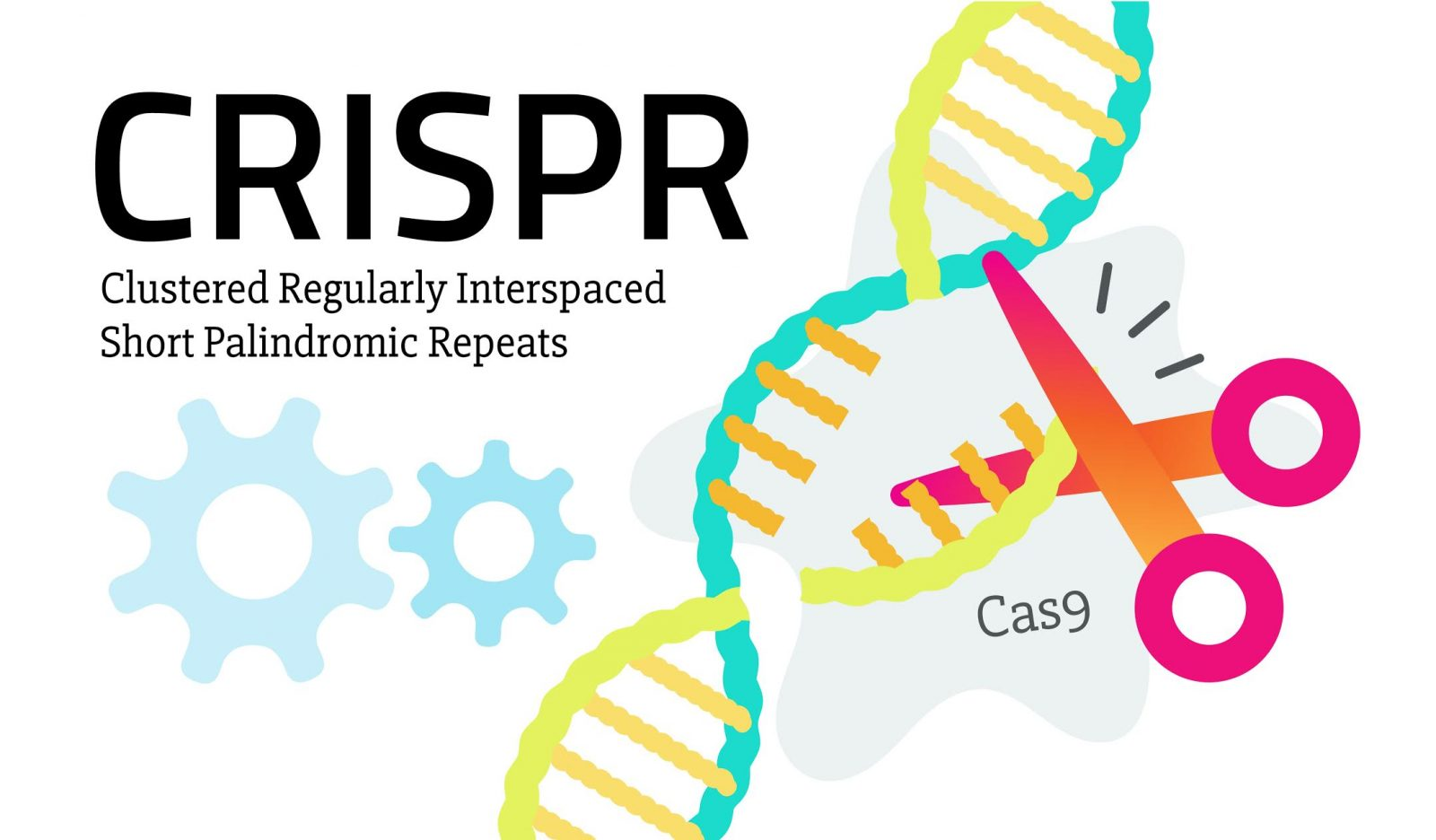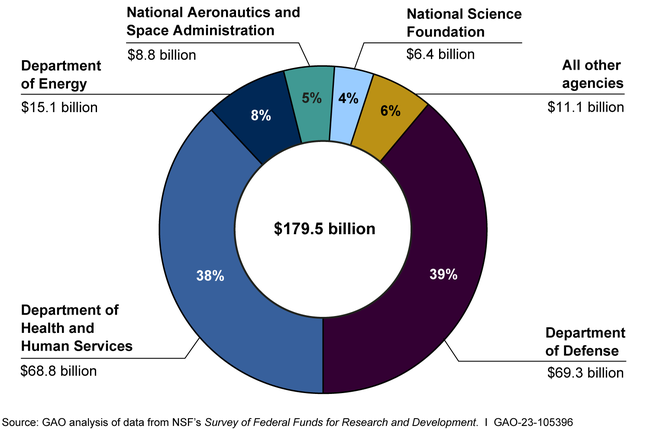The psychology behind the Boston Marathon is a fascinating exploration of the mental fortitude required to tackle one of the world’s most prestigious races. Each year, thousands of runners converge in Boston, driven by personal motivations ranging from charitable causes to personal health improvements, challenging their own limits in ways only the Boston Marathon can inspire. This unique marathon mental health dynamic not only resonates with the allure of completing 26.2 miles but also reflects the complex psychological effects of running, often transforming the participants’ mental state. The journey to the marathon finish line experience is laden with emotional highs and lows, showcasing the strong connection between running psychology and personal resilience. Understanding what compels individuals to run such demanding distances provides valuable insights into the motivation to run and the powerful role it plays in their lives.
Exploring the dynamics of running psychology in the Boston Marathon unveils an intricate tapestry of motivations and emotional experiences. As participants prepare to conquer the iconic course, many face significant psychological challenges, revealing the profound relationship between marathon running and mental wellness. The culmination of personal struggles and triumphs often manifests at the finish line, highlighting the psychological journey of each runner. This event serves as a potent testament to how the mental aspects of marathon training can empower individuals, affecting not only their physical performance but also their overall mental health. Engaging with this form of endurance running can foster a sense of achievement and purpose, offering a moment of reflection amidst the chaos of the race.
Understanding the Motivation to Run
The motivation to run, especially in the context of events like the Boston Marathon, varies greatly from one individual to another. Many runners are driven by personal challenges; they may want to test their limits or achieve what they once thought impossible. For some, running serves as a form of therapy, allowing them to escape from the chaos of daily life and connect with their inner selves. The psychological benefits of running are significant, as it promotes mental clarity, reduces stress, and boosts overall mood. These motivations are intrinsic and often reflect deeper emotional or psychological needs.
Moreover, motivation is not only about personal achievement; it can also stem from community and shared experiences. Many participants run in solidarity with others, whether it’s to honor loved ones, support charitable causes, or join a collective effort to overcome adversity. The Boston Marathon, with its rich history and sense of camaraderie among runners, exemplifies this powerful motivation. Seeing peers achieve their goals can inspire even more individuals to lace up their shoes and hit the pavement.
The Psychological Effects of Marathon Running
The psychological effects of running a marathon, particularly an iconic event like the Boston Marathon, can be profound. The journey to the finish line is not just a physical endeavor; it involves mental resilience, determination, and a robust support system. Many runners experience a variety of emotions on race day, from exhilaration at the starting line to sheer fatigue near the end. These psychological highs and lows can impact their performance and overall experience. Psychologists, including those on the Boston Marathon medical team, note that understanding these psychological effects is vital to helping runners maximize their experience and welfare during the race.
Post-marathon, runners often report a sense of accomplishment and a boost in self-worth. Crossing the finish line symbolizes not only the end of a physical challenge but also the culmination of mental fortitude. Runners frequently reflect on their journey, considering their training, sacrifices, and personal growth throughout the process. This transformational moment creates a lasting impact, encouraging many to continue pursuing fitness goals and engage in healthy lifestyles beyond the marathon.
Navigating the Marathon Finish Line Experience
The marathon finish line experience is a pivotal moment that carries distinct emotional weight for each runner. As participants approach the finish, they encounter various physical and emotional obstacles, amplifying their personal narratives. This moment can be both euphoric and agonizing, as the dream of completing 26.2 miles comes within reach. The Boston Marathon is particularly significant, with crowds cheering and the iconic backdrop of Boylston Street providing immense motivation. Yet, the reality is that not all runners feel triumphant; some may find themselves grappling with feelings of defeat, especially if they did not meet their personal expectations.
In the medical tent, many participants face not just physical ailments but psychological ramifications as well. The euphoria of finishing can crumble under fatigue, disappointment, or medical conditions, as noted by Jeff Brown. Understanding this duality of the finish line experience is critical for medical teams, ensuring they address both the mind and body. The successful navigation of this experience can lead to renewed self-identity and motivation for future endeavors, highlighting the intricate connection between physical achievement and psychological well-being.
Marathon Training: A Psychological Journey
Marathon training is as much a psychological journey as it is a physical one. Runners invest countless hours not only in building their physical endurance but also in developing the mental toughness necessary to tackle the challenges ahead. The progression from novice to runner can be riddled with self-doubt, anxiety, and various trials that test both mental and emotional limits. Each mile trained is a step towards confronting these internal barriers, leading to a more profound understanding of one’s capabilities and perseverance.
Moreover, the mental preparation involved in marathon training touches on topics like goal setting and visualization techniques. Runners are encouraged to foresee their success, projecting themselves crossing the finish line, claiming their medal, and feeling the thrill of accomplishment. This positive reinforcement cultivates an unwavering commitment that enhances their training experience. Ultimately, the psychological growth throughout this training phase becomes a rewarding facet of the journey to the Boston Marathon.
The Role of Support Systems in Running
Support systems play an integral role in a runner’s journey, especially in preparing for and completing a marathon. Family, friends, and running clubs provide crucial emotional and motivational backing, creating a sense of community that enhances the overall experience. Runners often reflect on their reassurance during challenging moments, appreciating the encouragement from spectators and loved ones throughout their training and on race day. This external validation not only boosts confidence but also deepens connections and shared experiences, which are vital in moments of vulnerability.
Additionally, support systems can contribute positively to mental health. Engaging with others who understand the demands of marathon training can alleviate stress and foster a sense of belonging. Group runs, team training, and even online forums present opportunities for emotional exchange and camaraderie. As runners prepare for the Boston Marathon, the encouragement from fellow participants and the larger running community can empower them to push through obstacles, ensuring they are not alone in their endeavors.
Marathon Running: A Community of Resilience
Marathon running is often viewed as a profound expression of community resilience. The Boston Marathon, a historic and prestigious event, not only showcases individual perseverance but also serves as a testament to collective strength in the face of adversity. In recent years, many participants have run to honor those impacted by tragedies or illnesses, creating a powerful sense of purpose that resonates among the running community. Each runner represents a unique story, a testimony of triumph that underscores their commitment to resilience and hope.
Furthermore, the shared journey of training and racing often fosters tight-knit relationships within the community. Runners rally together, celebrating personal milestones and supporting one another through hardships during the training that precedes the marathon. This interconnectedness enhances their mental and emotional endurance, illustrating that running isn’t solely about personal accolades; it’s about uplifting one another, showcasing how collective efforts can transform individual struggles into a communal triumph.
The Healing Power of Running
The healing power of running has been recognized increasingly in both psychological and physical domains. Many individuals turn to running as a form of therapy, utilizing the sport to navigate personal challenges such as grief, anxiety, or trauma. The rhythmic nature of running allows for a meditative state where runners can reflect on their thoughts and emotions, facilitating emotional release and healing. The Boston Marathon epitomizes this therapeutic aspect as runners confront not only the physicality of the race but also their personal journeys.
Moreover, studies show that regular physical activity like running lowers stress levels, enhances mood, and fosters resilience. Many marathon finishers report feelings of euphoria and catharsis, as completing such a demanding task can symbolize overcoming. This psychological uplift reinforces the healthy cycle of emotional balance, showing how marathon events can serve as pivotal moments of transformation in individuals’ lives.
Reflections on Self-Identity After the Marathon
Completing a marathon can significantly influence an individual’s self-identity. Runners who cross the finish line often experience a profound shift in their perception of themselves. The accomplishment signifies not just physical endurance but also mental strength, perseverance, and commitment. This transformation can lead to increased self-esteem and a reinforced belief in one’s capabilities, impacting other areas of life beyond running. Many participants emerge from the finish line feeling empowered and validated, ready to tackle new challenges.
Post-marathon reflections reveal a surge of confidence and motivation as runners set new goals or embrace different pursuits. They often find themselves re-evaluating their limitations and embracing a more robust personal narrative shaped by their experiences. The Boston Marathon, with its prestigious legacy, amplifies this effect, reminding participants of the expansive potential awaiting those who dare to push their boundaries.
The Future of Running and Mental Health Awareness
As running continues to gain popularity worldwide, the conversation surrounding mental health awareness in the context of the sport becomes increasingly pertinent. Events like the Boston Marathon provide a platform for showcasing these discussions, illustrating how physical challenges can intersect with psychological experiences. Advocacy for mental health resources prior to, during, and after major events is essential to ensure that runners are supported in more than just their physical performance. This growing awareness not only benefits runners but also contributes to broader societal conversations about mental health.
Moreover, the future of running can pave the way for increased integration of mental health practices within training regimes. Coaches and trainers can incorporate psychological strategies such as visualization, mindfulness, and community support into their training programs. By prioritizing mental wellness alongside physical performance, the running community can foster healthier athletes and more inclusive environments that emphasize the importance of psychological resilience as much as physical endurance.
Frequently Asked Questions
What psychological effects does running the Boston Marathon have on participants?
Running the Boston Marathon can evoke a wide range of psychological effects, including heightened motivation, increased self-esteem, and a sense of accomplishment. These emotional responses are particularly significant as runners cross the finish line, often feeling like heroes after completing the challenging 26.2 miles. The culmination of their training and personal dedication leads to transformational experiences tied to physical endurance and mental resilience.
How does the Boston Marathon influence mental health?
The Boston Marathon serves as a powerful catalyst for improving mental health among participants. Many runners use this event as an opportunity to connect with personal goals or to run in memory of loved ones, contributing to their mental well-being. Through the shared experience of overcoming challenges, runners often report feeling a renewed sense of purpose and community, which can lead to lasting positive psychological effects.
What motivates runners to participate in the Boston Marathon despite the challenges?
Motivation to run the Boston Marathon often stems from personal reasons, such as seeking self-improvement, participating in a meaningful cause, or achieving a lifelong dream. For many, the journey encompasses significant mental preparation and dedication, where the desire to complete the marathon becomes a source of personal pride and affirmation, outweighing the physical and psychological challenges faced during training and the race itself.
How can runners cope with psychological distress at the Boston Marathon finish line?
Developing coping strategies for psychological distress at the Boston Marathon finish line is crucial. Runners can focus on positive self-talk and visualization techniques throughout their training. Additionally, understanding the commonality of experiencing intense emotions at the finish line can help mitigate anxiety. Support from mental health professionals and trained volunteers, like those found at the Boston Marathon medical tent, plays a vital role in assisting runners during intense moments.
What role does the marathon finish line experience play in runners’ psychology?
The marathon finish line experience is pivotal in shaping runners’ psychology. Crossing the finish line represents not just the end of a race but the realization of personal goals and aspirations. It is often accompanied by emotions like joy, relief, and pride, which reflect the profound mind-body connection established during the marathon journey. This moment reinforces runners’ identities and contributes to their mental resilience, marking a transformative event in their lives.
Why is running psychology significant in the context of the Boston Marathon?
Running psychology is significant in the context of the Boston Marathon because it encompasses the mental strategies, motivations, and emotional challenges participants face. Understanding these psychological aspects enhances the overall experience of the marathon, allowing runners to prepare mentally for both the physical demands of the race and the emotional journey they will encounter. This exploration of running psychology fosters greater empathy and support for the wider marathon community.
| Key Points |
|---|
| People run marathons for deeply personal reasons, often related to overcoming personal struggles, memorializing loved ones, or achieving personal goals. |
| The psychological evaluation of runners in distress is a crucial part of the Boston Marathon experience, emphasizing the importance of mental health. |
| Finishing a marathon can provide a transformational experience, symbolizing hope and the realization of personal achievements. |
| Runners often gain a sense of community and affirmation through their participation, helping reshape their self-image in a positive light. |
| The Boston Marathon stands out as a unique event where each runner has their own journey, reflecting a wide array of emotions, motivations, and personal goals. |
Summary
Boston Marathon Psychology explores the diverse motivations behind why people run the iconic race. The psychology of marathon running reveals intricate layers of emotional and mental challenges faced by participants. Many endure physical hardships to experience transformative moments of achievement, while others find solace and community. Ultimately, running the Boston Marathon is not just about the finish line, but the personal journey that unfolds along the way, encouraging a deeper understanding of individual motivations and the psychological benefits of collective endurance.




